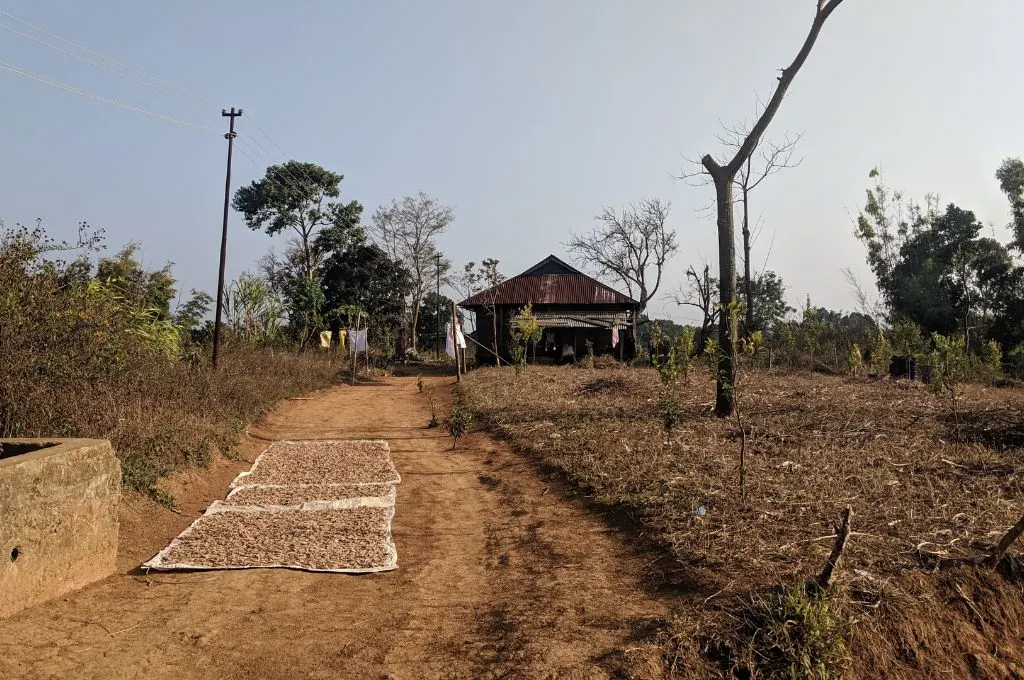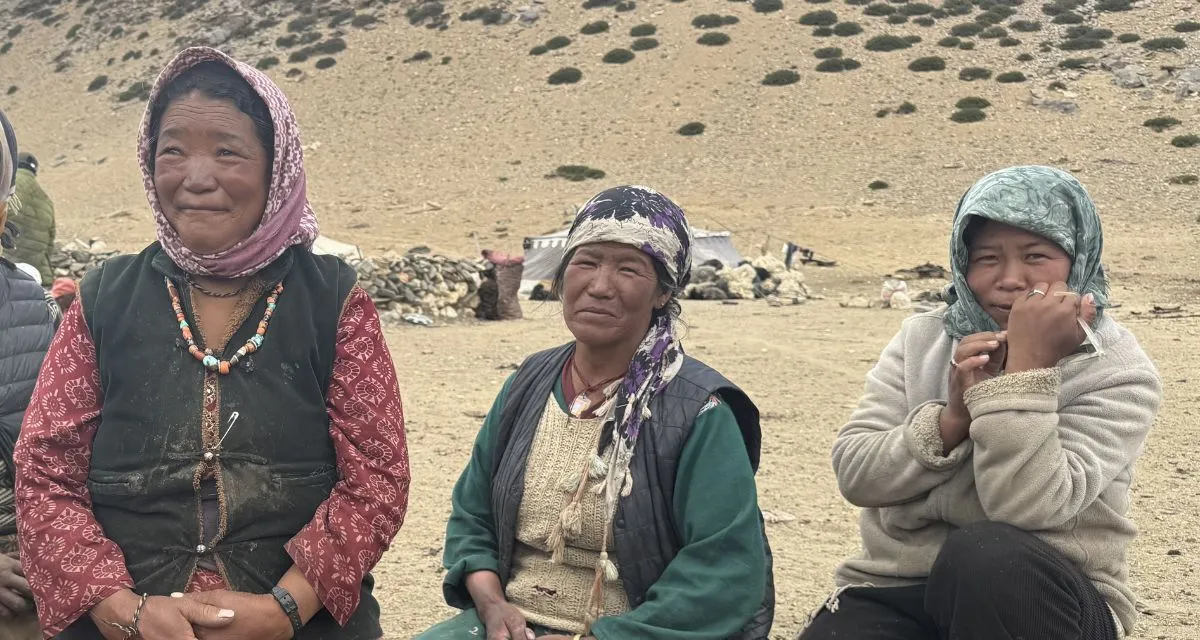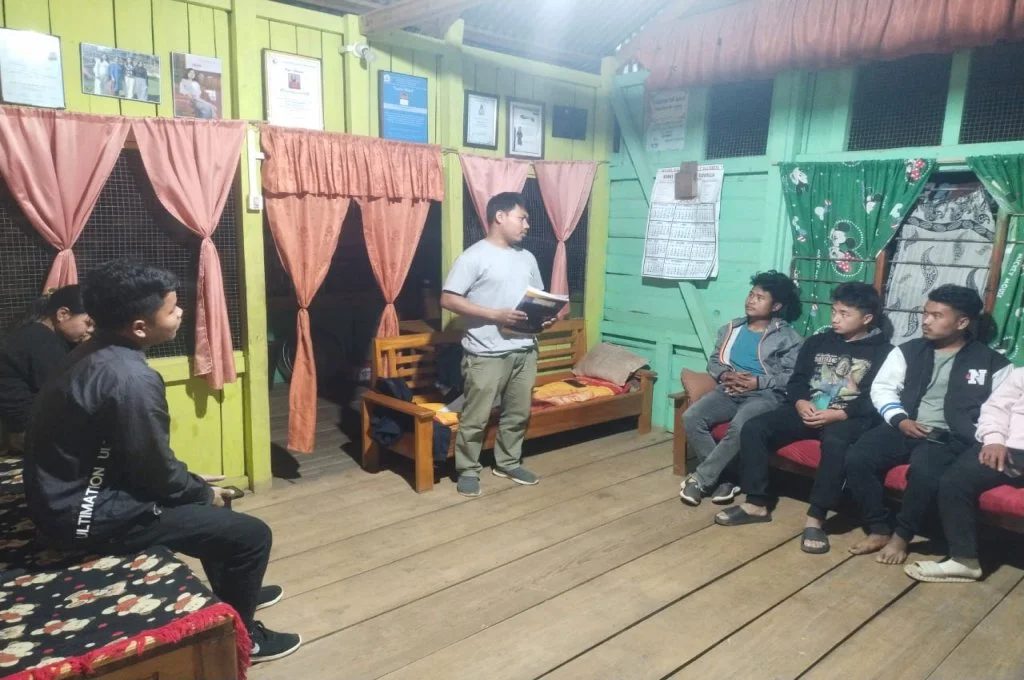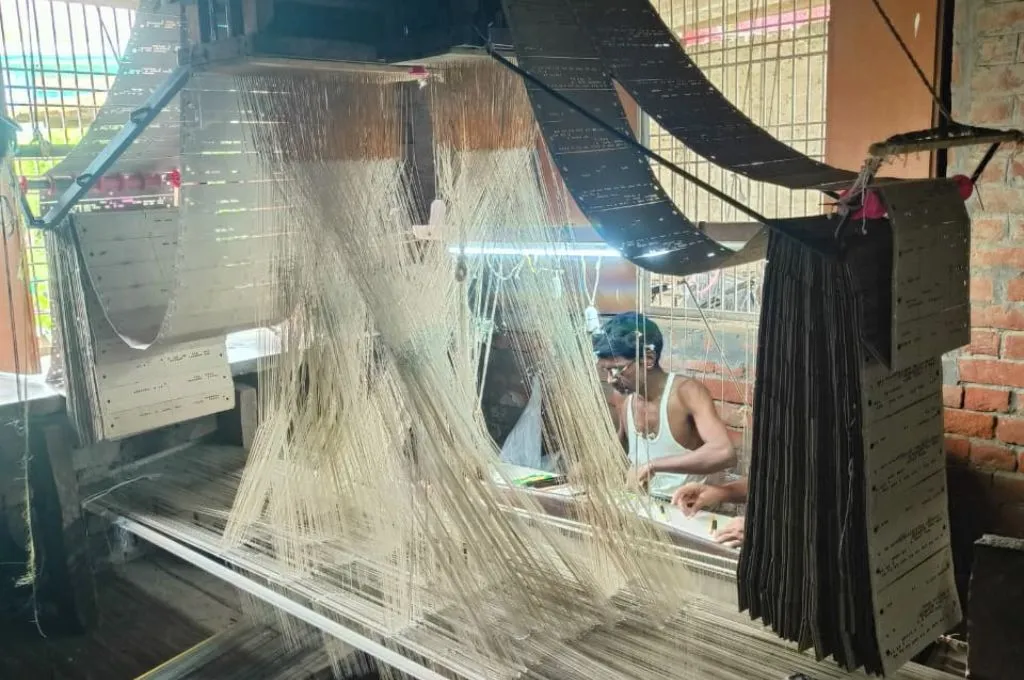READ THIS ARTICLE IN
Building a case for my freedom in rural Rajasthan
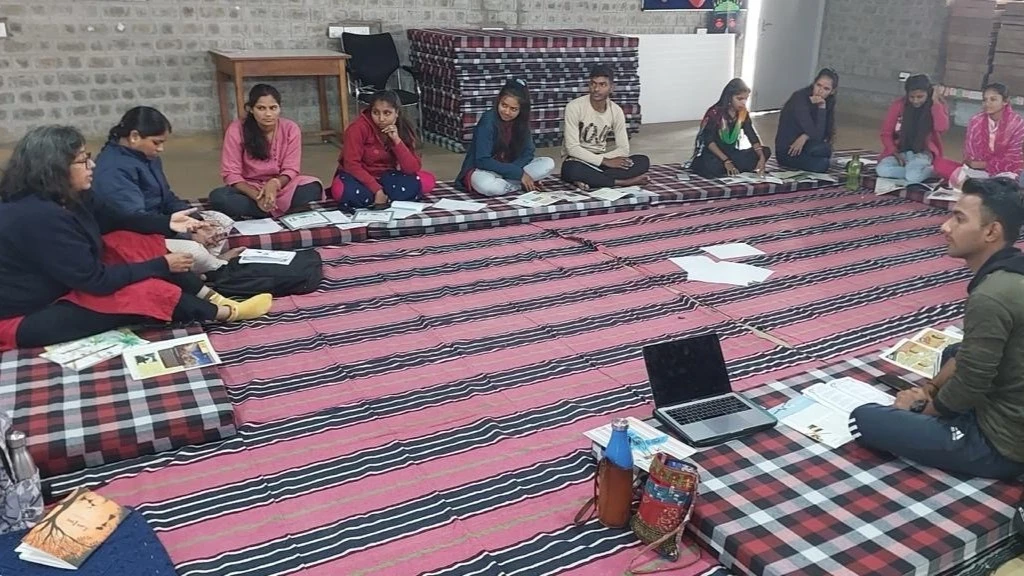
I am from Ajitgarh village in Bhim tehsil, Rajsamand district, Rajasthan. I grew up with a father who was uninterested in his children’s well-being, and a mother who was extremely hard-working and took up the arduous task of stone-breaking to make ends meet.
It is the norm in our area for girls to drop out after class 10 or 12 and get married before they turn 18. This was expected of me too, especially given my family’s circumstances. But I was determined not to follow this path. A combination of familial and societal pressure makes it very difficult for young people to continuously resist marriage. There’s only one way to transform such deep-rooted traditions and behaviour, and that is to build a case for it over time.
I kept finding new ways of encouraging people to think differently about a girl’s role in society. After finishing school, I joined the Constitutional Values Fellowship at School for Democracy (SFD) as a part-time fellow, which allowed me to run a library in my village and earn a small stipend. My family didn’t understand why I was working on something like constitutional awareness instead of getting married and ‘settling down’. They were worried about what people would say.

In addition to being discriminated for my gender, I would experience caste discrimination; children from other castes wouldn’t enter the library. Their parents didn’t want them to visit a Khatik household, as we were considered ‘lower caste’. I started conducting reading, storytelling, and other sessions outside, so that everyone who passed by could see how much the children were learning.
Soon parents began sending their kids to the library. The respect I gained from that work helped change my family’s view, and slowly the community’s too. I was taken more seriously.
When I became a full-time worker with SFD, my mother grew anxious again, but I stayed in touch with her constantly. After every training or workshop, I would call her and tell her what I was learning—about our rights, about equality, about the stories of people from other states and communities. I showed her the books I was reading. I sent money home whenever I could. Slowly, her fears were allayed.
The turning point was when I got admission to Azim Premji University in Bhopal. I took my mother with me to visit the campus. I wanted her to see where I would be studying, to meet the people there, to know it was safe. Later, she told me, “Do what you have to, but never do anything that would make me hang my head in shame.” Although this may seem like grudging acceptance, it was a big moment. She had fought my extended family, ideas of caste, and the perceptions of society so I could access this sort of independence.
I started a girls-only WhatsApp group for friends back home who had dropped out due to their early marriage or other restrictions. They message me for information on schemes, scholarships, and courses. I share opportunities and guidance with them. Some have applied to open school, and one even got a job with a nonprofit. This was her first time stepping out of the village.

Some of them ask me how I convinced my mother. I tell them, “Start small. Talk about what you’re learning. Help out at home. Save a little and contribute if you can. Build trust slowly, not by arguing, but by showing them what you’re capable of.”
Pooja Kumari is a master’s student at Azim Premji University. She is also part of a voluntary collective called Avsar, that connects rural youth to education and social sector opportunities.
—
Know more: Read about how YouTube plays an interesting role in a young woman’s financial independence.
Do more: Connect with the author at khatikpooja644@gmail.com to learn more about and support her work.

